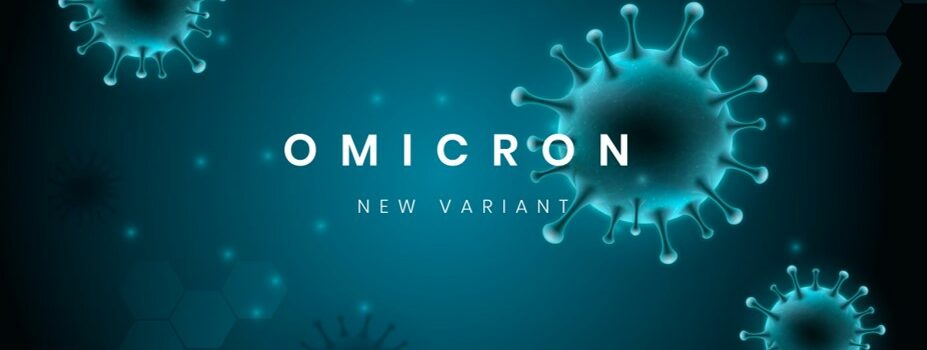Omicron Variant in India & the Frequently Asked Questions

The latest Omicron variant of COVID has created a lot of anxiety globally. The World Health Organization (WHO) has designated it as a ‘variant of concern’ and steps are being taken internationally to contain the Omicron infections.
While the healthcare experts continue their research to learn more about this variant, Ubiqare Health addresses commonly asked questions about symptoms, treatment options, etc.
Question: What are the symptoms of Omicron infection?
The Omicron symptoms are mostly related to the upper respiratory tract. A symptomatic patient might show signs of cold, cough, and fever. Patients can also complain of body ache or weakness.
Question: Is Omicron more fatal than Delta variant?
The WHO has recently stated that Omicron has higher transmission rate. But it is less severe than Delta.
Question: Will Omicron affect vaccinated people
The Omicron strain has an immune escape capability. This means that it can infect even vaccinated people. However, more data and study are needed to understand breakthrough infections in vaccinated people. For now, the antibodies present in the vaccinated people will give them an advantage over the variant. The current vaccines are expected to reduce the severity of Omicron infection.
Question: When should one get tested for Omicron infection?
Similar to any other variant of COVID, if you are experiencing cold, cough, fever, body ache, or weakness, it is advisable to isolate yourself and get yourself tested with RT-PCR. Anybody with an international travel history since December 1, 2021 should also get tested as a precaution.
Question: Who is at higher risk with Omicron infection?
Like any other COVID variant, people with comorbidities, immunocompromised systems, senior citizens, and unvaccinated are at a higher risk. Since the studies on Omicron are still underway, our understanding of this will improve over time.
Question: What treatment options are available for Omicron infection?
Like previous variants, the Omicron infection treatment is largely symptomatic. The objective is to offer relief from symptoms to the patient. Most of the infections in India have so far been identified as mild and not needing hospitalization. Patients can isolate at home and continue the treatment prescribed by the doctors and constantly monitoring their vitals. Consuming healthy food will also be essential.
Question: Will wearing masks provide protection against Omicron variant?
Although Omicron is a different variant, the mode of transmission continues to be the same. It continues to spread in the same manner as the previous variants. Hence, masks and maintaining social distance would still be important.
Question: Will Omicron cause third wave in India?
We are witnessing a steady increase in the number of Omicron cases in the country. The Ministry of Health is also closely monitoring the scale and magnitude of the rise in Omicron cases. Since the scientific evidence is still evolving, it is hard to say if this is the start of the third wave or not. However, it is advisable to continue to use mask, maintain social distance, and get fully vaccinated if you are not yet.
